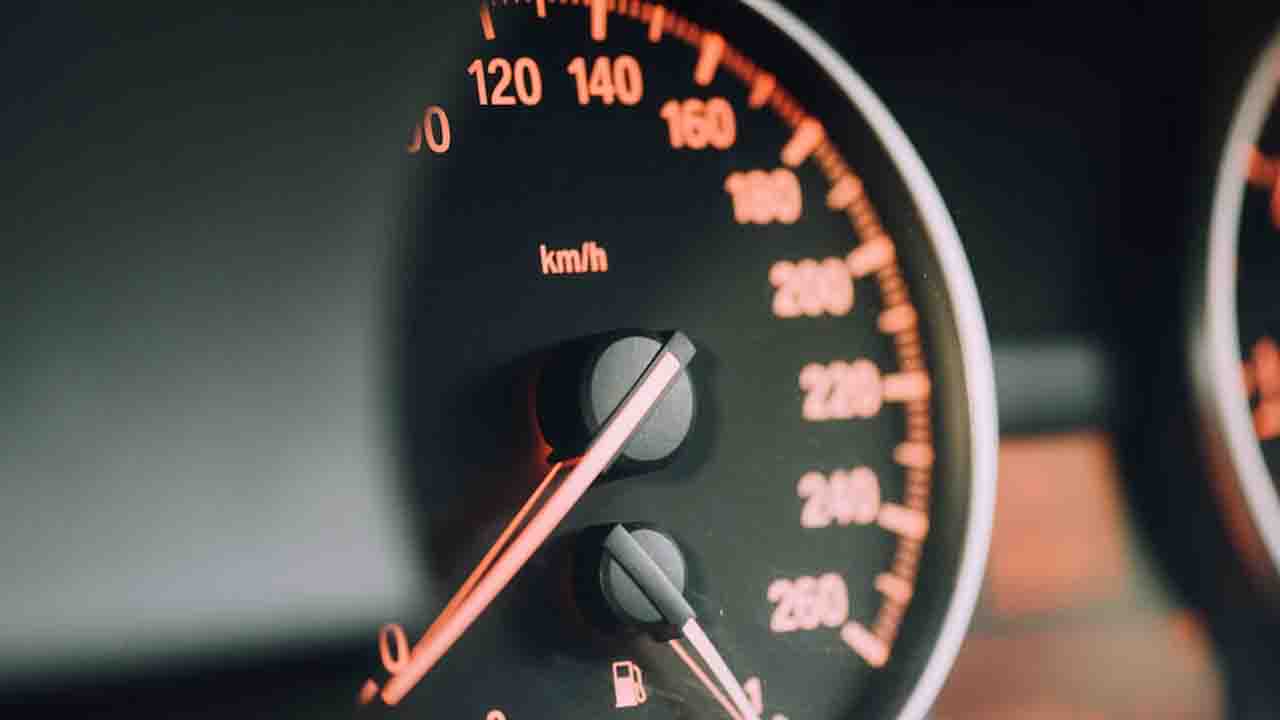The price of petrol in Pakistan is unforgivably high and motorists have no recourse since fuel is the basic and continuous expense for gasoline-powered vehicles. Still, the vast majority of auto owners want to lower their monthly fuel costs.
Fuel economy may not be a huge concern if an individual rarely drives a car for short trips, but regular commuting and lengthy excursions make it challenging to save fuel.
Here are a few tried-and-true tips that are well-known to increase mileage:
Go easy on the accelerator
This entails just accelerating the car when necessary. Frequent braking and engine revving increase fuel consumption whereas keeping the speed of the vehicle steady reduces fuel consumption. This is why you get greater mileage on long routes or motorways.
It is strongly advised to maintain a low RPM (preferably less than 2,500), and if your automobile has an eco-mode, it would be helpful to frequently use it. Depending on the vehicle, this mode is especially made to improve fuel efficiency and can reduce fuel consumption by up to 15%.
Watch your speed
If your car has a small engine (under 1300cc), it will use more gasoline when travelling at speeds of 100 km/h or greater. To provide higher output, the engine must push harder, which raises the RPM and petrol usage.
Bigger engines may generate greater power at lower RPMs, hence they are often unaffected by higher speeds as they require less power and repeated flooring.
Be aware that hybrid engines are less affected by this as they may employ electric motors to maintain a high power output while consuming little fuel.
Drive smartly
A motorist may handle traffic more effectively by keeping an eye on the surroundings, maintaining safe distances, and analysing the driving habits of other drivers. By doing this, the motorist may prepare for obstacles including roadblocks, red lights, road closures, and bumps.
Additionally, it aids in intelligent acceleration and deceleration. Ultimately, smart driving is one of the best ways to increase safety and reduce fuel consumption.
Avoid idling
This is the most basic fuel-saving advice offered by automotive specialists. It is clear that idling for an extended period of time wastes fuel. In addition, warming up a car shouldn’t take more than 60 seconds.
Use AC when needed
When the air conditioner (AC) is on, cars use more petrol. More fuel is saved by just using the AC when necessary.
Still, driving with your windows down in the summer only to save on fuel is not advised, especially on highways. The automobile experiences higher drag when the windows are rolled down, especially at high speeds. As a result, the automobile encounters higher air resistance and requires more engine power to maintain the same speed.
This is why while driving at faster speeds, such as on a highway, the driver would be wise to put on the AC rather than rolling down the windows.
Remove excess weight
Many automobile owners ignore this underrated advice. If your trunk is empty, it might not make much of a difference, but if you have heavy items within your car, this could be the cause of your excessive fuel usage.
The engine is put under more stress as the automobile gets heavier because it requires more power to move ahead, which increases fuel consumption.
Perform regular maintenance
Every automobile owner’s primary priority should be maintenance. Regularly having your automobile serviced is crucial since there may be many underlying problems and components under the hood that you are unable to inspect or maintain.







